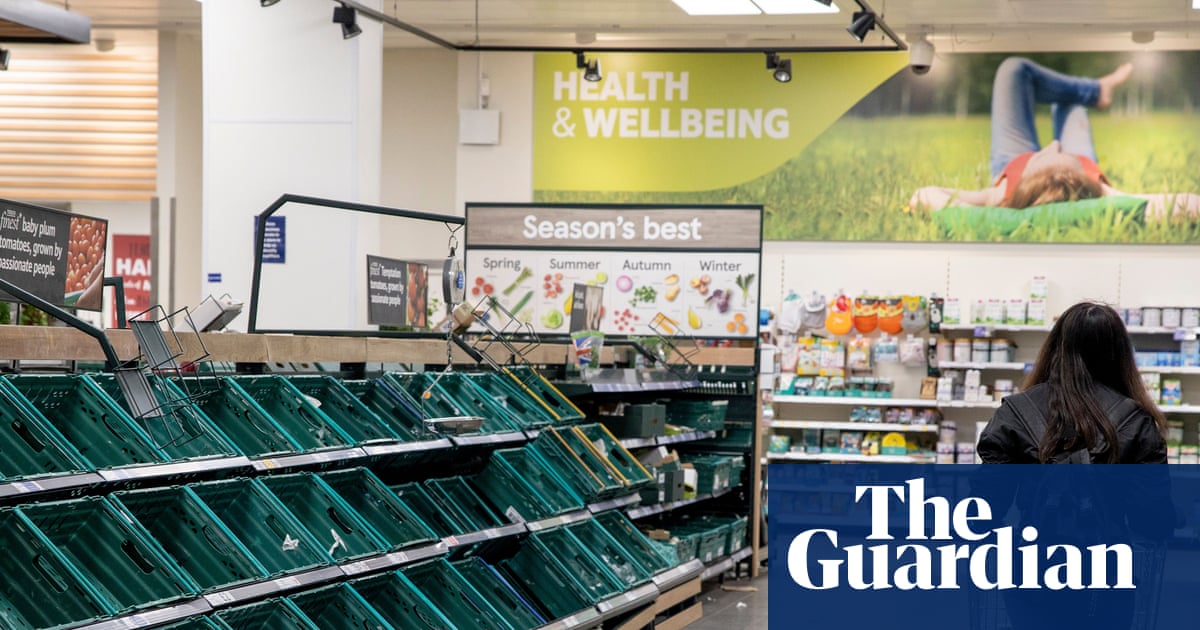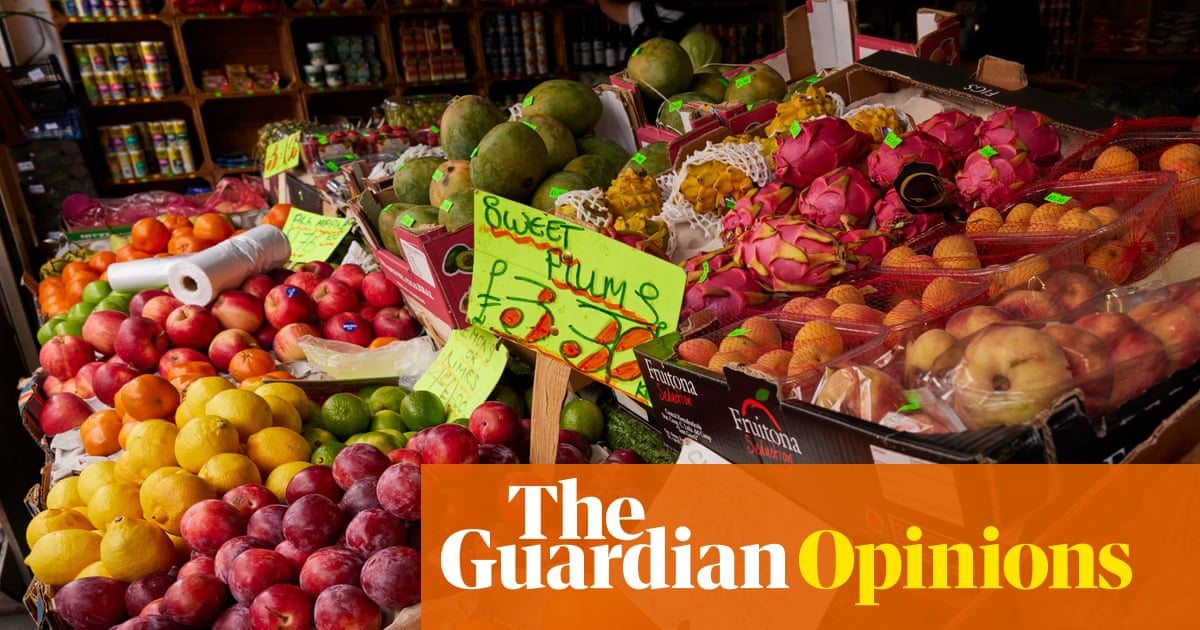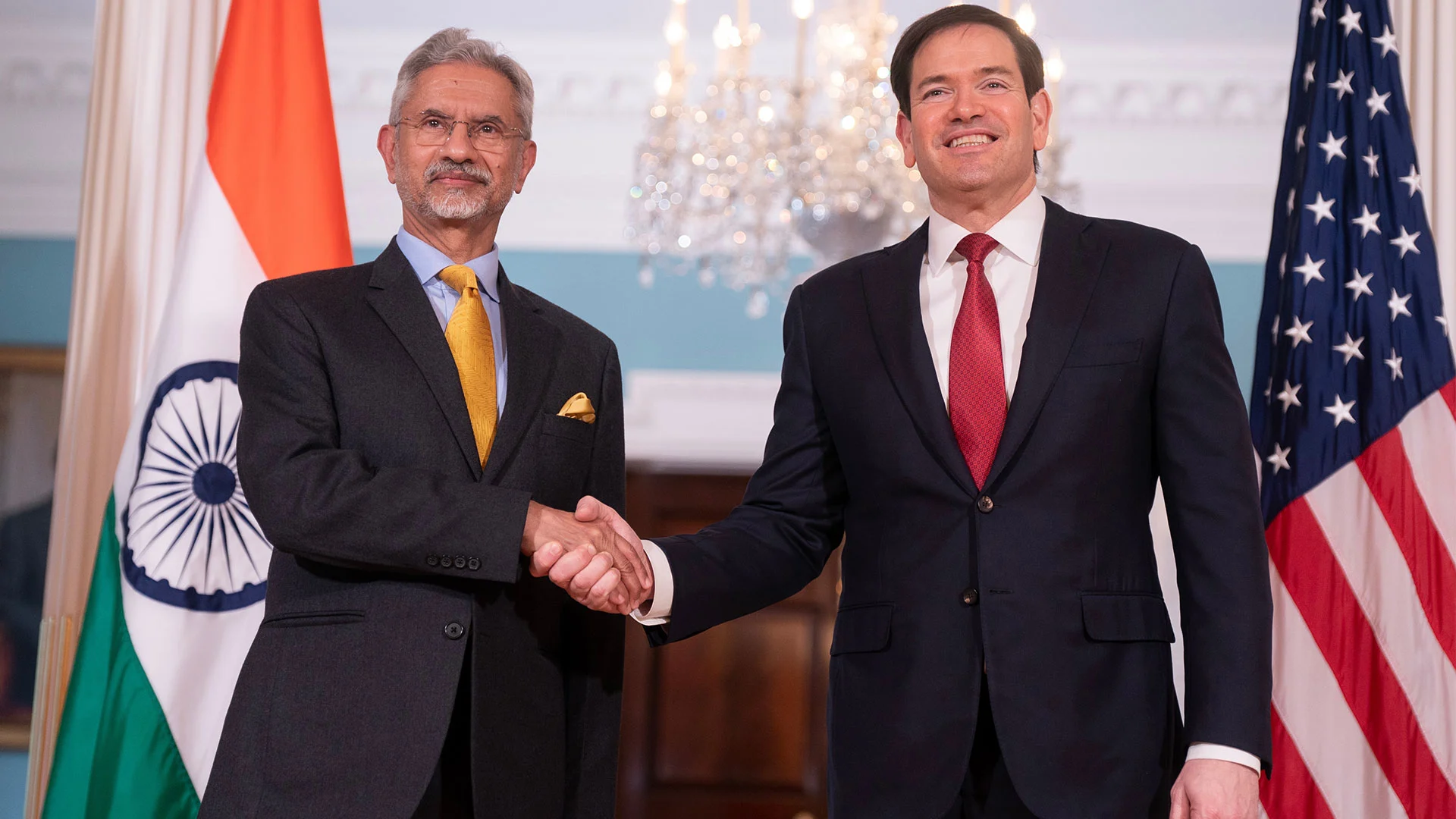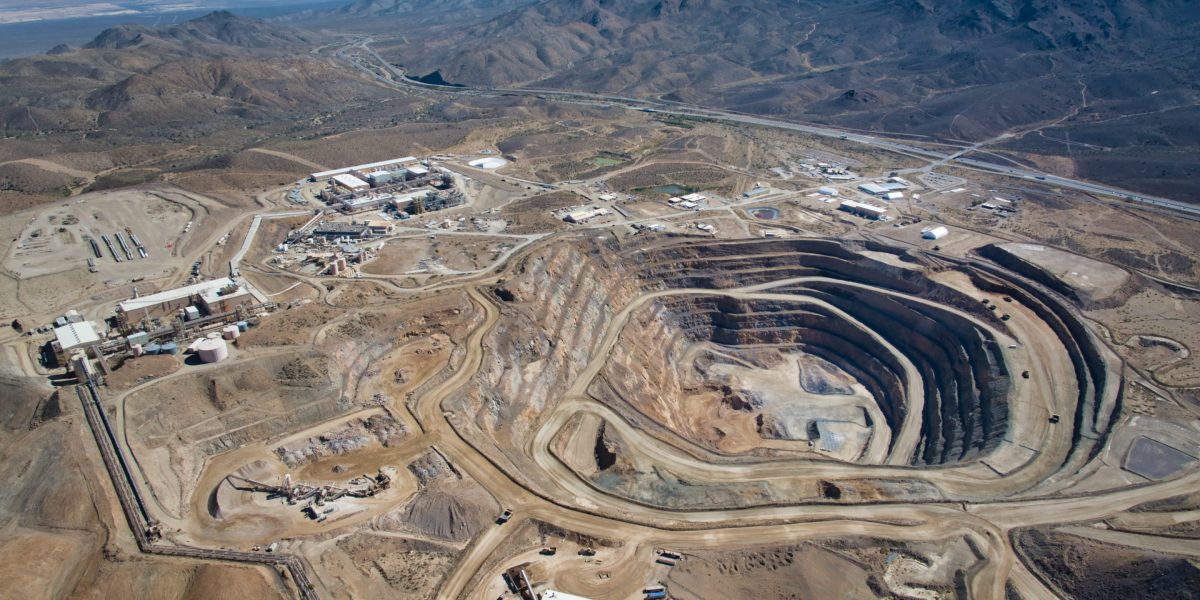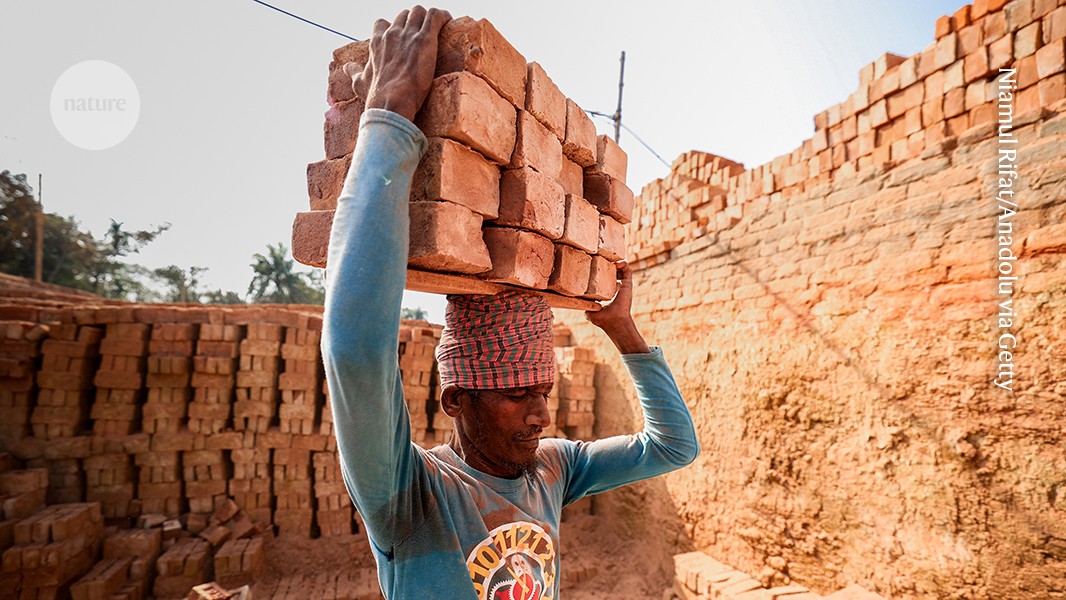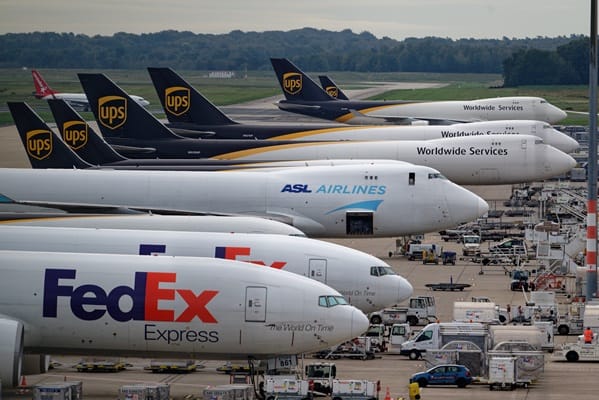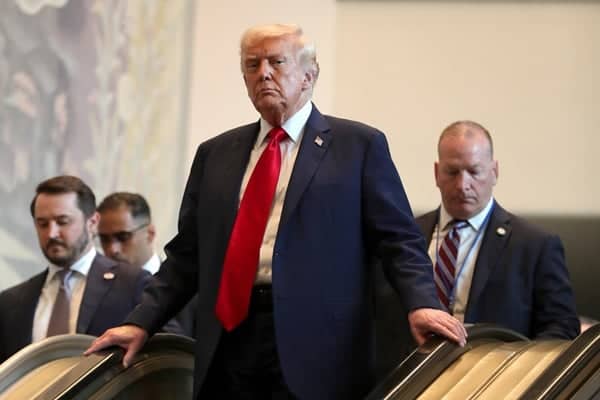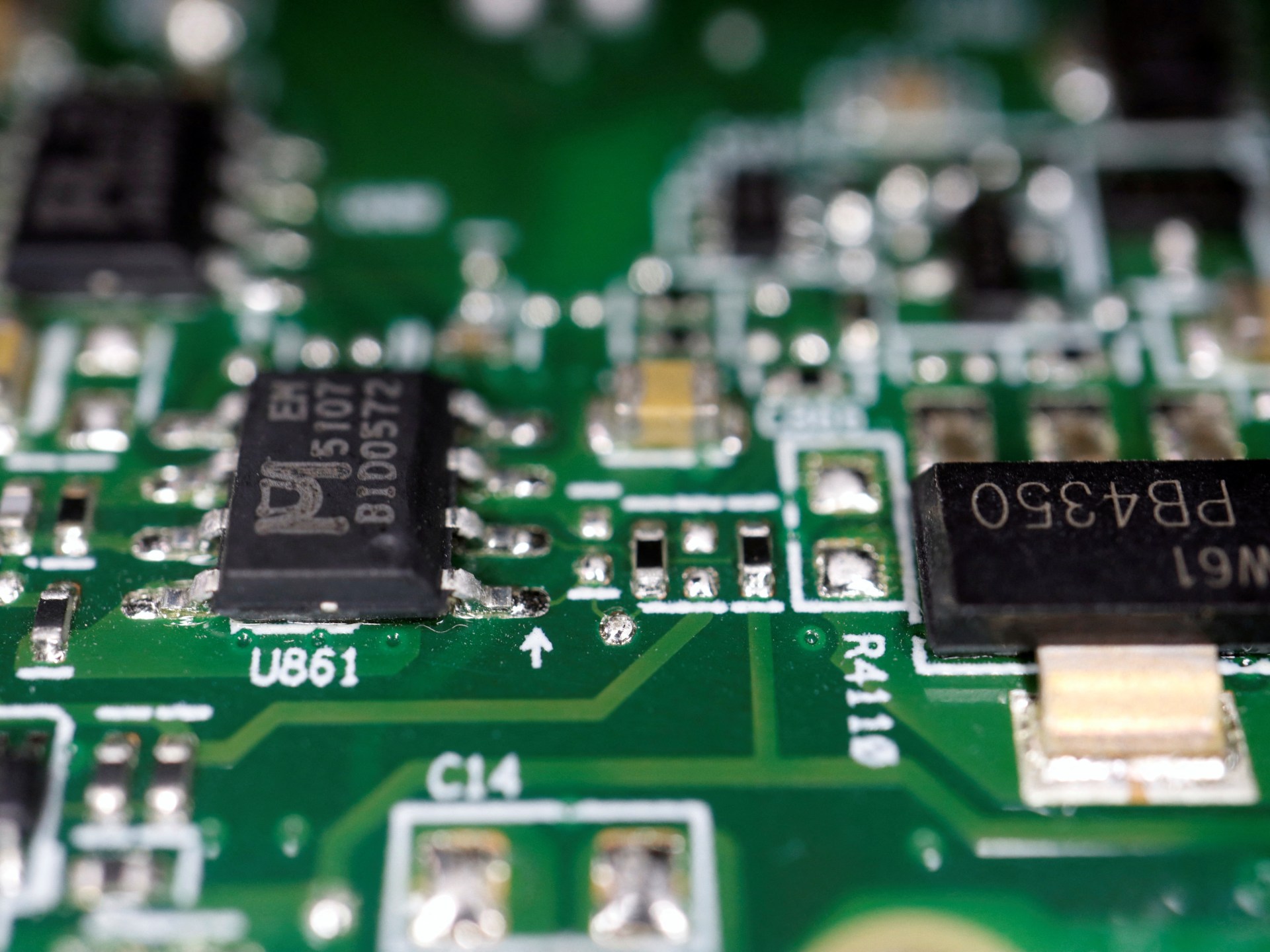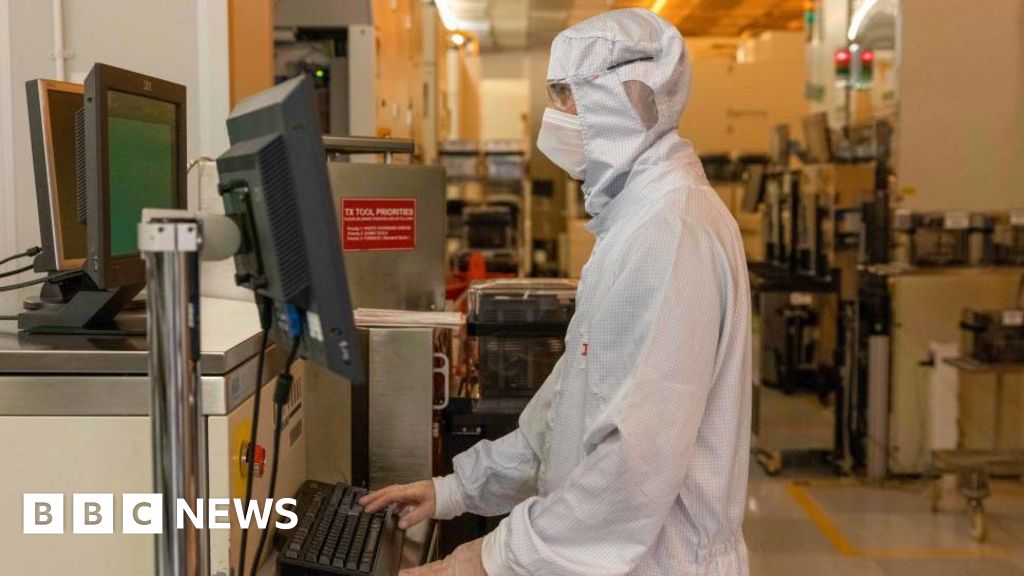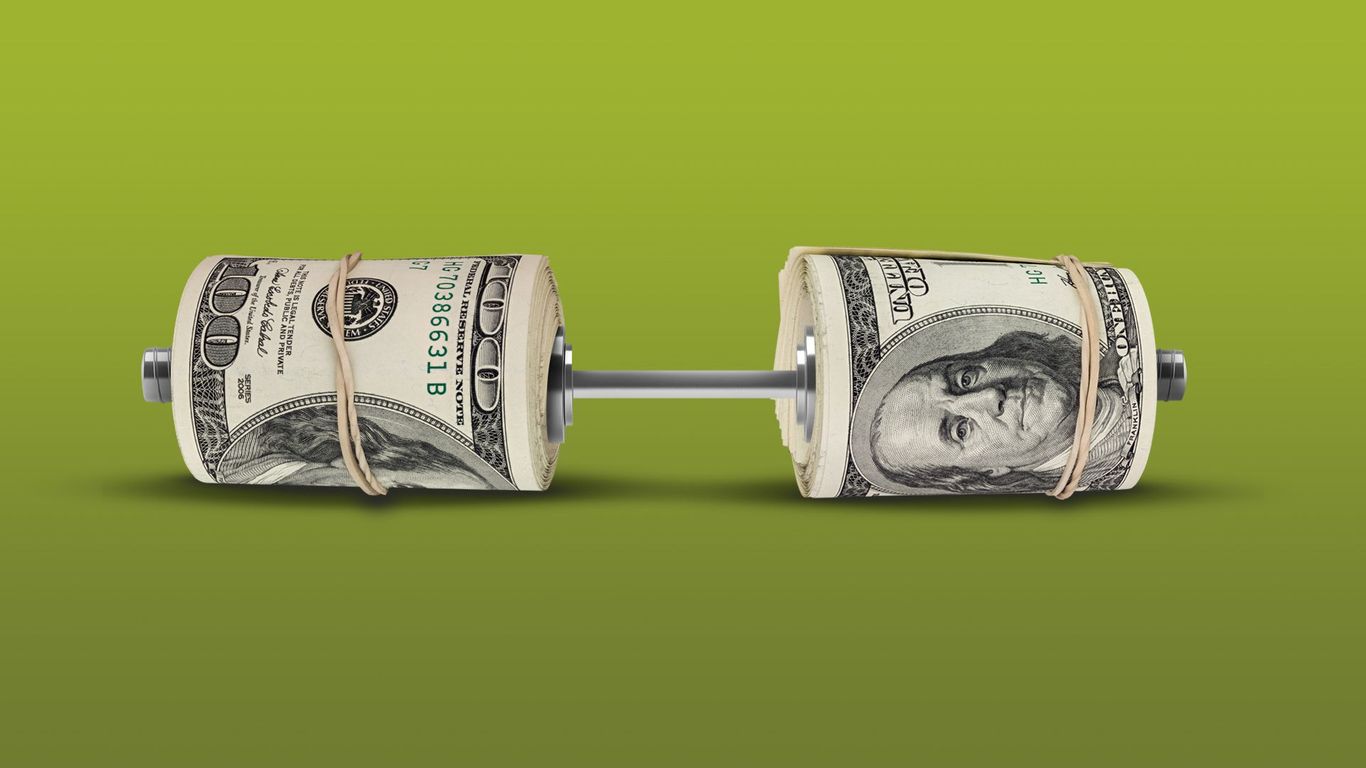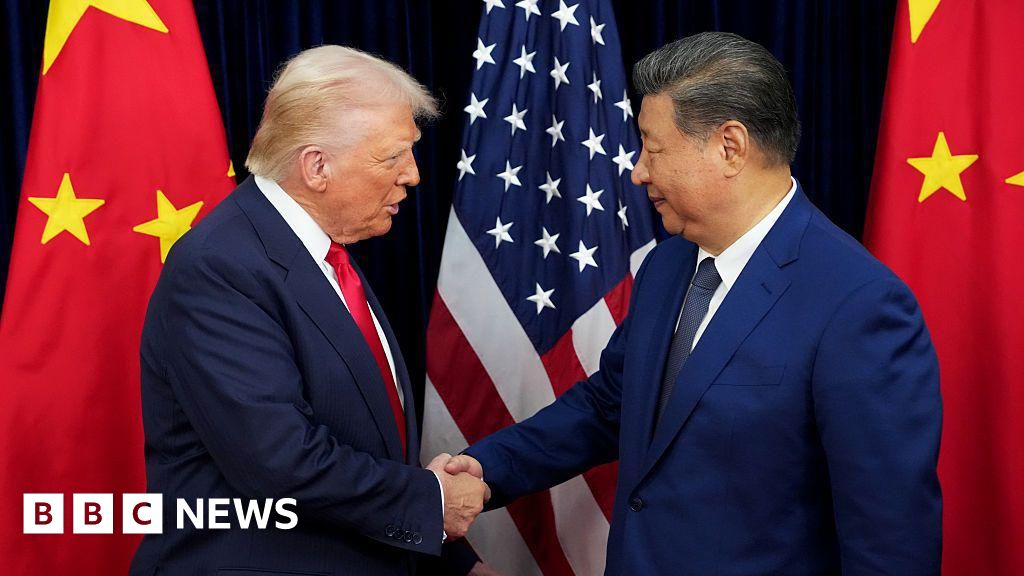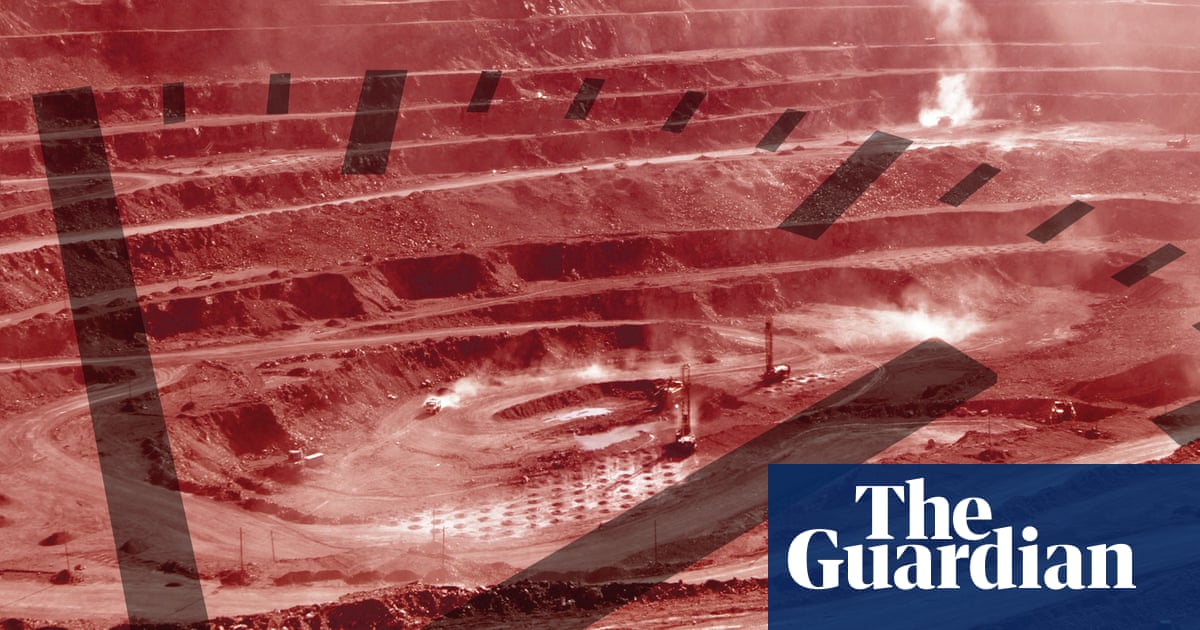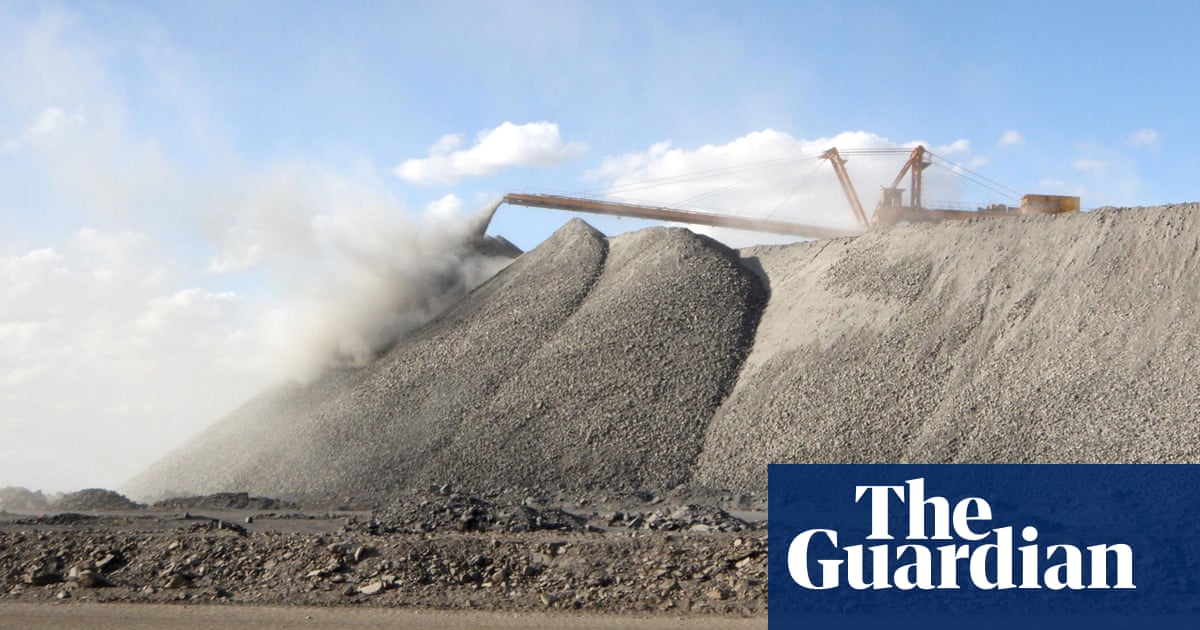#supply-chains
#supply-chains
[ follow ]
World news
fromFortune
1 week agoIndia joins U.S. 'Pax Silica' semiconductor alliance easing tariff and energy tensions | Fortune
India joined the U.S.-led Pax Silica initiative to strengthen semiconductor and critical-technology supply chains with allies, signaling closer U.S.-India strategic cooperation.
UK politics
fromwww.theguardian.com
1 week agoMade in Europe' EU industrial strategy could hit supply chains, UK minister warns
Proposed EU rules favouring European-made products risk disrupting integrated UK–EU supply chains, raising costs and creating trade barriers that could harm UK–Spain economic links.
Miscellaneous
fromwww.theguardian.com
1 week agoEconomic fighters': the volunteers helping direct sanctions against Russia
Targeted sanctions on CNC machine tools constrained Russia's ability to produce precision military components, shifting procurement toward lower-quality Chinese machines and smuggling routes.
World news
fromFortune
3 weeks agoWe studied 70 countries' economic data for the last 60 years and something big about market crashes changed 25 years ago | Fortune
Global business cycles have become less tied to geographic distance since 2000, showing increased synchronization across distant economies due to communications and interdependent supply chains.
fromFortune
1 month agoAsia is one of the world's least insured places, even as it's battered by climate change and natural disasters | Fortune
A lack of insurance coverage in Southeast Asia threatens an increasingly important hub for supply chains, as the region is battered by tropical storms, major flooding, and other natural disasters. Total losses from natural disasters across Asia-Pacific last year totaled $73 billion, yet just $9 billion was insured, according to Germany reinsurance company Munich Re. That makes Asia one of the world's least insured regions against natural disasters.
Business
Business
fromHarvard Business Review
1 month agoFor Multinational Companies, Localization Matters More Than Ever
Global companies must localize core operations, duplicating supply chains and integrating regional suppliers to meet data-sovereignty and local sourcing mandates, sacrificing scale for resilience.
Environment
fromBusiness Insider
1 month agoEV companies have one big problem - countries that can't keep their policy straight, says top BYD exec
Frequent government EV policy reversals hinder automaker investment, product planning, and supply-chain confidence; clear, stable policies enable manufacturers to focus on execution.
US politics
fromLondon Business News | Londonlovesbusiness.com
1 month agoSupreme Court silence on Trump tariffs extends market risk - London Business News | Londonlovesbusiness.com
Supreme Court's refusal to rule on Trump-era tariffs prolongs legal uncertainty, raising risk premiums and deterring corporate investment, planning, and supply-chain decisions.
fromLondon Business News | Londonlovesbusiness.com
1 month agoGlobal markets enter 2026 at a crossroads - London Business News | Londonlovesbusiness.com
Markets are operating in a fragmented geopolitical environment where security concerns increasingly shape trade, investment, and technology policy. Geopolitical tensions, supply chains disruptions, and intense competition in areas such as artificial intelligence are influencing where capital flows and how risks are priced. Although US growth remains relatively strong, it exists alongside ongoing geopolitical uncertainty, stubborn services inflation, and uneven global policy direction.
World news
frominsideevs.com
3 months agoMost Automakers Lose Money on EVs. How Is Xiaomi Turning a Profit Already?
Making cars is hard. Making good electric cars is even harder. Making good electric cars that are actually profitable? Well, very few automakers have pulled that off. Tesla only achieved consistent, long-term profitability once it got its China operations up and running. Most so-called "traditional" carmakers are still working toward that goal, and the startups have just as many headaches doing the same.
Cars
fromwww.aljazeera.com
4 months agoChina recognises its leverage over critical minerals is temporary'
As the presidents of China and the US meet in South Korea, Zongyuan Zoe Liu at the Council on Foreign Relations says China may offer concessions on its rare earth minerals. As the presidents of China and the US meet in South Korea, Zongyuan Zoe Liu at the Council on Foreign Relations says China may offer concessions on its rare earth minerals.
World news
fromwww.aljazeera.com
4 months agoAs Southeast Asia welcomes Trump, it battles headwinds unleashed by him
Southeast Asia and its China Plus One' supply chain are feeling the fallout from the US trade war. Southeast Asia was one of the biggest winners from United States President Donald Trump's trade war with China in 2018, luring manufacturers to the region to avoid new tariffs on Chinese goods. It benefitted from investment, tax revenues and technology transfers that came with the expanding China Plus One supply chain concept.
World news
Environment
fromNature
4 months agoMetals are key to the global economy - but three challenges threaten supply chains
Global metal supply chains face dwindling reserves, rising demand, and high greenhouse-gas emissions requiring material substitution, efficiency, recycling, cleaner production, and policy action.
fromBusiness Insider
4 months agoTesla's 'most affordable' EVs still cost more than $35,000. These policies may be why.
Tesla's price point for its "more affordable" models is still higher than Elon Musk, Tesla's CEO, floated in 2020. The reasons for these sticky prices may be bigger than Tesla. On Tuesday, Tesla launched "standard" versions of the Model Y and Model 3, at $39,990 and $36,990, respectively. The "standard" models are between $5,000 and $5,500 cheaper than the flagship versions - sans Autosteer and a radio - and the market was not enthusiastic.
Business
fromwww.aljazeera.com
4 months agoWill Trump's tariffs push China and India closer?
India and China are resuming direct flights after five years of suspension and say they will strengthen trade ties. Their relationship has long been defined by rivalry, competing ambitions and a disputed border. Now, India and China are resuming direct flights after a five-year suspension. United States President Donald Trump's tariffs and a shifting trade landscape could push them closer together.
World news
Artificial intelligence
fromApp Developer Magazine
1 year agoBlockchain prediction enhanced through AI delivers smarter forecasts
Integration of blockchain and AI enhances forecasting by ensuring data integrity while enabling pattern recognition and real-time, tamper-resistant predictive insights across multiple industries.
fromEntrepreneur
5 months agoHow Working With Rivals Can Unlock Bigger Opportunities | Entrepreneur
Market share was a zero-sum game; if your rival won, you lost. But in today's interconnected economy, that thinking feels outdated. Companies that are thriving in 2025 aren't just fighting competitors harder; they're practicing something counterintuitive: co-opetition. Co-opetition, the blend of cooperation and competition, is about partnering with rivals when doing so creates mutual value. You may still compete for customers, but you also collaborate where interests align. Think of it less like a boxing match and more like building a bigger stadium where both
Business
UK politics
fromLondon Business News | Londonlovesbusiness.com
5 months agoLabour's 'level playing field' tax to hammer high streets - London Business News | Londonlovesbusiness.com
England's new business rates surcharge will disproportionately increase costs for large high-street retailers, their HQs, and supply-chain warehouses, widening the tax-to-turnover gap with online rivals.
fromArs Technica
5 months agoArs Live: Consumer tech firms stuck scrambling ahead of looming chip tariffs
Trump has suggested those could come in August, but nearing the end of the month, there's still no clarity there. As tech firms brace for chip tariffs, Brzytwa will share CTA's forecast based on a survey of industry experts, revealing the unique sourcing challenges chip tariffs will likely pose. It's a particular pain point that Trump seems likely to impose taxes not just on imports of semiconductors but of any downstream product that includes a chip.
US politics
fromFortune
5 months agoTrump plans a hefty tax on imported drugs, risking higher prices and shortages
Trump has promised to impose hefty import taxes on pharmaceuticals, a category of products he's largely spared in his trade war. For decades, in fact, imported medicine has mostly been allowed to enter the United States duty free. That's starting to change. U.S. and European leaders recently detailed a trade deal that includes a 15% tariff rate on some European goods brought into the United States, including pharmaceuticals. Trump is threatening duties of 200% more on drugs made elsewhere.
US politics
fromwww.theguardian.com
6 months agoKmart supply chains under scrutiny for potential Uyghur forced labour links in Australian court case
The 2021 letter then detailed allegations of brutal working conditions for members of China's Uyghur minority, reportedly forcibly transported hundreds of kilometres and arbitrarily detained for re-education and forced labour. Workers are reportedly required to work in fenced-in factories allegedly exposed to intimidation, coercion, threats, and restriction on their freedom of movement, and are subjected to surveillance by security personnel and through digital tools.
Social justice
fromwww.theguardian.com
6 months agoBrazil authorities suspend key Amazon rainforest protection measure
Brazil is the world's biggest soya bean exporter. The legume, used largely for animal and fish feed, is one of the most widely grown crops in Brazil, and posed a huge deforestation threat to the Amazon rainforest until stakeholders voluntarily agreed to impose a moratorium and no longer source it from the region in 2006. The voluntary agreement brought together farmers, environmentalists and international food companies such as Cargill and McDonald's, and determined that any detection of soya beans planted on areas deforested after 2008
Environment
[ Load more ]
